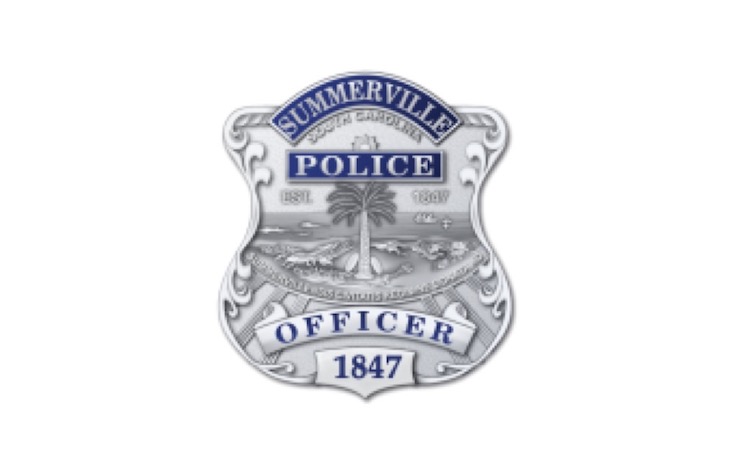
As more and more members of the public learn what drones can do to speed commerce, enhance public safety and protect the environment, support for drone use continues to grow. But not everywhere. Some states, especially in the deep South, continue to lag behind others in their acceptance of drones. South Carolina is one such state. While its neighbor to the immediate north has embraced drones wholeheartedly, the Palmetto State has yet to come aboard.
For example, under current South Carolina law, drones must fly at least 200 feet away from any person, vehicle, building, or structure. While ostensibly intended to deter trespassing and illicit visual surveillance, the law has the effect of discouraging drone use for aerial cargo and small package deliveries as well as for farm mapping, real estate surveying and infrastructure inspections. In effect, it discourages drone commerce altogether.
Even some law enforcement agencies in South Carolina have been reluctant to acquire drones for fear of sparking public opposition to their use.
Last week, the police department in the small town of Summerville, South Carolina (pop. 51,000) announced plans to deploy two new drones to assist the department with search-and-rescue and criminal pursuit operations. These are among the most popular and effective police drone missions, as they’ve been shown to reduce operational costs while saving innocent lives.
But when Summerville police put on a public demonstration of how the drones would be deployed, not everyone came away convinced that the town actually needed the new aircraft.
Some residents wanted to know why those same missions couldn’t be performed with existing police resources, including helicopters and foot patrols. Apparently, Summerville officials didn’t present any data to support their claims; as a result, some local residents came away opposed to the idea.
For Summerville police, it might have been a teachable moment, but instead it was a missed opportunity. The contractor behind the plan insisted in a subsequent televised interview that all planned police drone operations would be listed in a registry online in advance of their deployment, but the full extent of public transparency and citizen accountability remained vague.
Summerville police acknowledge that new crime-fighting missions might arise for which drones could prove useful. But were some deployments – for example, routine neighborhood crime patrolling – completely off limits? Could police surveillance video record human faces or license plates? How long would police surveillance video be stored? No one could say for sure.
Many of these issues have been hashed out previously in states and cities where police drones are now in wide use. Typically, police are required to submit a budget and make a formal presentation to the city council before dispensing police resources. There is often a public comment period set aside for a day or a week or more. Then the council votes on the matter.
Apparently, none of that occurred in Summerville. Instead, the mayor simply stood up and fielded questions from the crowd, assuming they would be friendly.
Instead, when one citizen began peppering the mayor with questions he couldn’t answer, the mayor became defensive. “You obviously don’t know anything about law enforcement,” he told the man.
“It’s good you’re not running again,” the man replied.
“It’s good you’re not, either,” the mayor shot back.
Summerville will likely proceed ahead with its drone program. Funds to pay for the aircraft and the pilot training are already committed. In fact, two town officials have already received pilot training; three more will receive their training shortly.
Other towns and departments in South Carolina are beginning to enjoy real success with their drones.
In Wellford, SC, a tiny town of barely 3,000 people in the northwestern part of the state, the local police department last year received training from the South Carolina Drone Pilots Association, a non-profit group that assists law enforcement agencies to become fully equipped to perform a wide range of drone missions, including crime scene analysis and tactical support to SWAT teams.
The South Carolina Department of Public Safety or DCDPS, which has 1,300 officers deployed statewide, also supports a small drone fleet. So do the Sheriff’s departments of Richland County and Lexington County, the latter encompassing Columbia, the state’s second largest city.
All told, more than 30 law enforcement or fire departments in South Carolina have drones of various kinds at their disposal.
Will Summerville’s new police drone program prove its mettle and achieve more broad-based support?
Ultimately, the department’s success in the field – “facts on the ground” – will determine how well the city’s residents respond. That’s certainly been the case elsewhere. Police drone programs have moved forward amid skepticism from some quarters. The issue was discussed and put to a vote. When law enforcement sought to expand its drone fleet, the process was repeated. No one imposed the program by fiat.
Summerville’s new police drone program may not prove controversial. But last week’s conflict is suggestive of the antipathy that continues to exist in South Carolina toward the expansion of drone use, even on a relatively small scale.
Especially in this setting, public officials need to redouble their efforts to address legitimate concerns about drones.
Marshall all available facts and data and in open and respectful dialogue. As the industry continues to grow, a commitment to full transparency will be essential for achieving a lasting consensus on drone use.
|